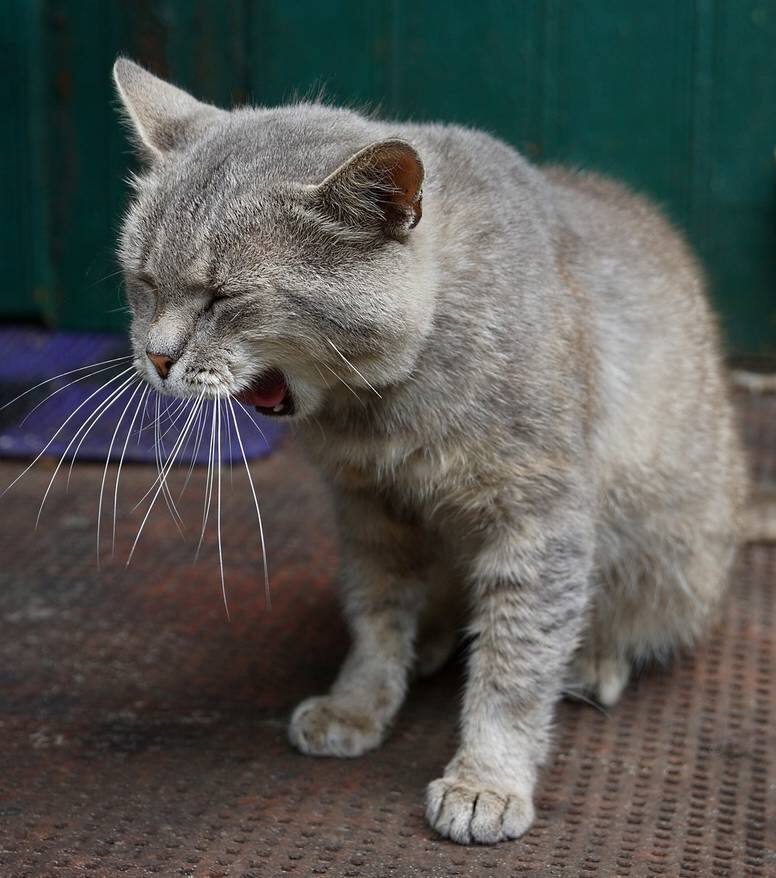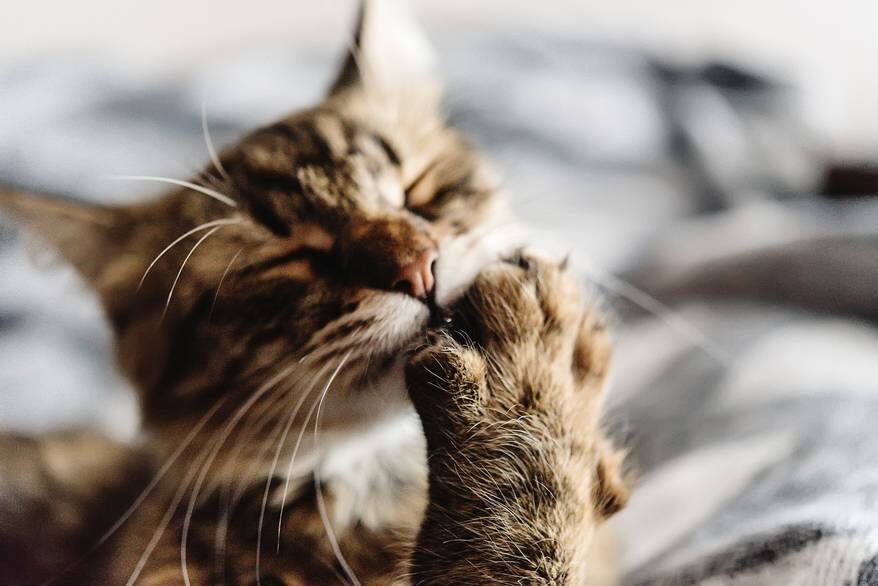
-
Find the right food for your pet
Take this quiz to see which food may be the best for your furry friend.
Find the right food for your pet
Take this quiz to see which food may be the best for your furry friend.
Featured products
 Adult Perfect Weight & Joint Support Chicken Recipe Dry Dog Food
Adult Perfect Weight & Joint Support Chicken Recipe Dry Dog FoodThis weight management and mobility support dog food was created with Hill’s unique understanding of the biology of overweight dogs.
Shop Now Adult 7+ No Corn, Wheat, Soy Chicken & Brown Rice Dog Food
Adult 7+ No Corn, Wheat, Soy Chicken & Brown Rice Dog FoodSupports energy level and beautiful coat in mature dogs
Shop Now Adult 7+ Perfect Digestion Chicken, Whole Oats & Brown Rice Recipe Dog Food
Adult 7+ Perfect Digestion Chicken, Whole Oats & Brown Rice Recipe Dog FoodScience Diet's breakthrough nutrition supports ultimate digestive well-being & healthy microbiome for dogs age 7+
Shop NowFeatured products
 Adult Savory Chicken Entrée Cat Food
Adult Savory Chicken Entrée Cat FoodPrecisely balanced nutrition with the delicious taste of savory minced chicken to help fuel the energy needs of cats during the prime of their life
Shop Now Perfect Weight Salmon & Vegetable Canned Cat Food
Perfect Weight Salmon & Vegetable Canned Cat FoodOver 70% of cats lost weight within 10 weeks when fed this nutrition
Shop Now Adult Perfect Digestion Chicken, Barley & Whole Oats Recipe Cat Food
Adult Perfect Digestion Chicken, Barley & Whole Oats Recipe Cat FoodScience Diet's breakthrough nutrition supports ultimate digestive well-being & healthy microbiome
Shop Now -
Dog
- Dog Tips & Articles
-
Health Category
- Weight
- Food & Environmental Sensitivities
- Urinary
- Digestive
- Joint
- Kidney
-
Life Stage
- Puppy Nutrition
- Adult Nutrition
- Senior Nutrition
Cat
- Cat Tips & Articles
-
Health Category
- Weight
- Skin & Food Sensitivities
- Urinary
- Digestive
- Kidney
-
Life Stage
- Kitten Nutrition
- Adult Nutrition
Featured articles
 The Incredible Science Behind Your Pet's Microbiome
The Incredible Science Behind Your Pet's MicrobiomeLearn what a pet's microbiome is, how it contributes to your pet's gut & overall health, and why nutrition is important in maintaining healthy microbiomes.
Read More Water
WaterDiscover why water is the most important nutrient for your dog or cat to live a healthy life. Find out how much water your pet should consume each day.
Read More Pet Food Storage Tips
Pet Food Storage TipsDiscover how and where to store your dry, as well as canned, dog and cat food. Learn how to find the "best before" dates on all Hill's pet food packaging.
Read More -
Find the right food for your pet
Find the right food for your pet


One of the more common complaints vets hear from cat parents is that their cat has a sensitive stomach and vomits — maybe once a week, maybe twice a week, but always on the carpet (or somewhere else that's hard to wash). Even though digestive upset in some cats can happen regularly, it is never normal, even if there is plant material or a hairball in the puddle on the floor.
There are a number of reasons why your cat may have a sensitive stomach. It is important to always have your veterinarian assess your cat to help identify the cause and develop an individualized plan to manage the problem. Today, we are just going to talk about two possible reasons for cats to have a sensitive stomach - food intolerance and food allergies. While these two issues sound similar, they are not the same thing.

Food Intolerance
Food intolerance is a term that refers to an abnormal response to a food that is not caused by the immune system and can occur in pets of all ages. Causes of digestive upset due to food intolerance can include food poisoning, histamine in spoiled fish, lactose intolerance and getting into the garbage and eating things the pet would not normally receive. Discussing the possible causes with your veterinarian is a good first step.
Some cats with food intolerance may need a change in food. One option your veterinarian may recommend for your kitty is to switch to an easily digestible food.
Easily Digestible Foods
Digestibility refers to how easily a cat or dog can process and get essential nutrients from what they eat. The factors that most influence digestibility are the ingredients, ingredient quality and processing methods used in making a food. Foods for pets with sensitive stomachs are usually made with highly digestible ingredients but will also include a small amount of fiber to help support the pet’s gut microbiome. They are also complete and balanced to make sure that your cat receives all of the essential nutrients such as vitamins and minerals it needs to stay healthy.
Food Allergies
A food allergy is the result of an abnormal immune reaction to an ingested food. Luckily, food allergies are uncommon in cats. They can develop at any age but the pet must be repeatedly exposed to the offending allergen (for example, by eating it every day) to develop signs of a problem. Those signs can include vomiting, diarrhea, flatulence, loss of appetite, itchy skin, hair loss or reddened skin. If your pet shows any of these signs, it is time to visit your veterinarian.
True food allergies are rare in cats. But, believe it or not, beef, dairy are the most common causes. If you've ever suspected your kitty may be reacting to an ingredient, you're not alone: Veterinary Practice News writes that most "food allergies" are misdiagnosed by concerned pet parents during a simple stomach upset.


Tasty Tips
What to Do About Food Allergies
If you or your vet suspect this condition, then a therapeutic cat food may be part of the plan that your veterinarian recommends.
If you are thinking about heading down to the pet store and picking up some new food yourself instead of visiting the vet, wait a minute. This is a common pet parent mistake when dealing with a cat's sensitive stomach. Switching foods around will only confound the issue and make it harder for your vet to figure out the right way to treat your kitty's dietary woes.
The only way to accurately diagnose food allergy is with a strict diet trial. Food trials should be conducted with therapeutic foods specifically designed for this purpose. We will discuss what makes these therapeutic foods so special in just a minute. Limited-ingredient wellness foods found at the pet store should not be used. Proper food trials will take about 10–12 weeks and your cat must eat the new food and nothing else — no treats, no scrambled eggs and no kitty toothpaste, unless it is cleared by your vet. If your cat has a true food allergy, then any sensitive stomach issues should clear up in 2 to 4 weeks. Symptoms like itchy skin will take longer to resolve. If you have been religious about your food trial but your cat is still having problems, then the issue is unlikely to be a food allergy and your veterinarian may recommend additional testing to assess other causes.

“Hypoallergenic,” Novel and Hydrolyzed Protein Foods: What Are They?
While there are no official definitions for hypoallergenic pet foods, you may see products labeled as "hypoallergenic" and people may use this term to describe a variety of different food types and ingredient combinations. Because 'hypoallergenic' is not a legally defined term for pet food, products may not be suitable or effective for cats with food allergies.
There are 2 types of therapeutic foods your veterinarian may recommend if a food allergy is suspected. The first type uses hydrolyzed proteins, which means the protein has been broken down into such small pieces that your cat's immune system does not recognize the allergen. The second type is a food with a novel protein like duck or venison. These protein sources are likely new to your cat and therefore the immune system does not recognize them as a problem.


Dr. Sarah Wooten graduated from UC Davis School of Veterinary Medicine in 2002. A member of the American Society of Veterinary Journalists, Dr. Wooten divides her professional time between small animal practice in Greeley, Colorado, public speaking on associate issues, leadership, and client communication, and writing. She enjoys camping with her family, skiing, SCUBA, and participating in triathlons.
Related products

Over 70% of cats lost weight within 10 weeks when fed this nutrition

Feline Adult Perfect Weight Variety Pack

Science Diet's breakthrough nutrition supports ultimate digestive well-being & healthy microbiome

Precisely balanced nutrition with the delicious taste of savory minced chicken to help fuel the energy needs of cats during the prime of their life
Related articles

Discover how to identify cat sensitive skin and what you can do to help your cat thrive from head to paw.

Discover which cat toys games your feline friend might like, and how they are great sources of exercise. Explore our library of articles to learn more.

Discover the benefits of Hill's line of kitten foods and how they provide complete and balance nutrition for growing kittens.

How do you get a cat to lose weight? Learn all about cat foods for weight loss, including how to choose weight control cat food and exercise tips.

Put your cat on a diet without them knowing
Our low calorie formula helps you control your cat's weight. It's packed with high-quality protein for building lean muscles, and made with purposeful ingredients for a flavorful, nutritious meal. Clinically proven antioxidants, Vitamin C+E, help promote a healthy immune system.
Put your cat on a diet without them knowing
Our low calorie formula helps you control your cat's weight. It's packed with high-quality protein for building lean muscles, and made with purposeful ingredients for a flavorful, nutritious meal. Clinically proven antioxidants, Vitamin C+E, help promote a healthy immune system.

